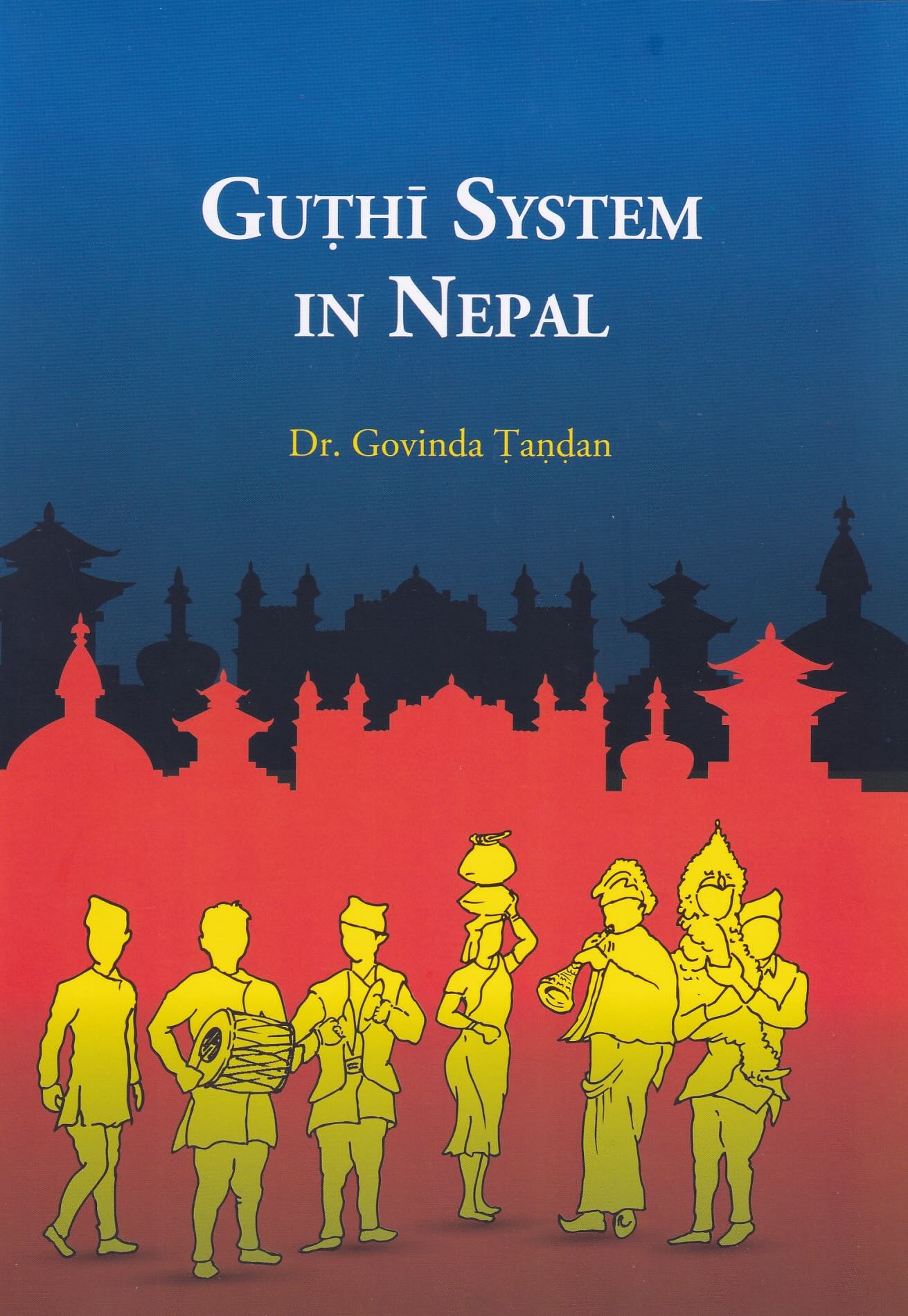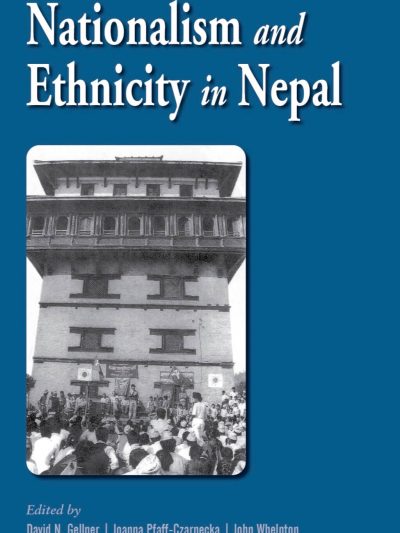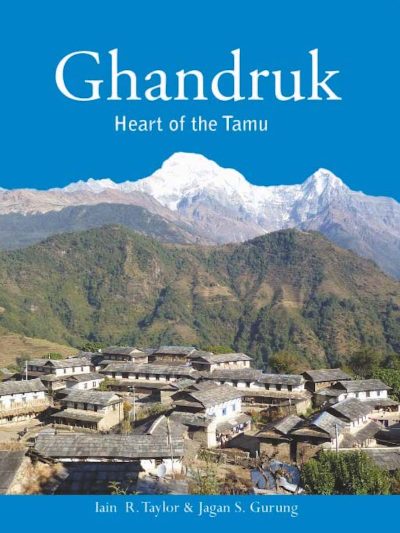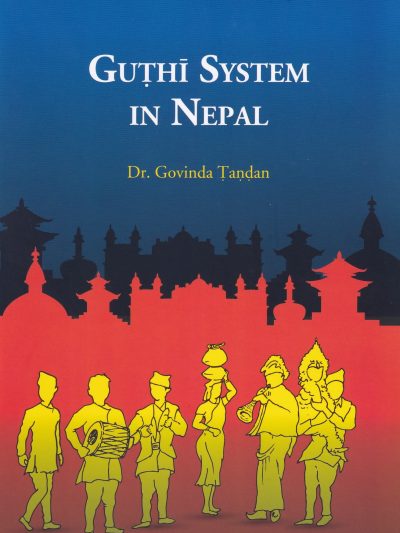Description
Excerpt from the Preface
The ‘Guthi bill’-2075 V.S. was drafted with the opinion that this new bill was desirable for revising and integrating the prevailing laws related to guthi to establish the National Guthi Corporation for the development, operation, and management of guthi. In doing so, this law had forgotten the goodness inherent in various underlying cultural aspects of guthi that include culture, customs, jatra, festivals, puja, and rituals; and trustees, officials, and other sides related to guthi, and had only regarded guthi to mean only the land. The bill, which was drafted in haste without even conducting a detailed and extensive discussion among the stakeholders, including knowledgeable persons, guthi experts, culture experts, and heritage experts, later drew public outcry and protest when it was unexpectedly tabled in the National Assembly. The protest finally forced the government to withdraw the bill.
Before all this happened, I had heard the rumors that the ‘Guthi bill’ was being drafted, but I had not received a copy. Surendra Kafle’s news analysis, which was the first analysis of
‘Guthi bill’, was published in Annapürna Post amid such rumors. After reading the article, I wondered when I would receive and read a copy of the proposed ‘Guthi bill’ because the essence carried by the article was that the proposed ‘Guthi bill’ has inherent in it the capacity to resolve all the existing problems in the guthi system and guthi. This had aroused additional eagerness in me.
The guthi system has reality that it has faced various kinds of ups and downs at different periods of history because individuals, society, and even the governmental sides never properly understood the responsibilities fulfilled by the guthi system for the continuous management of the religion-culture of Nepal and Nepali including its tangible and intangible heritage. Later, from the year 2019V.S. to 2064V.S., a big mistake was committed by believing guthi to only mean land. In the name of land reforms, tenant rights, and delimitation, land was settled and even transferred to personal land. In the context of Personal guthi, many temples that were operating under it have reached a helpless state due to multiple orders coming from the executive level to change their ownership through, for example, exchanging the land, starting a trust, and transferring the ownership of Personal guthi to individual. Such a situation is not only found in Kathmandu, Patan, and Bhaktapur, but has spread like an epidemic across the nation.






